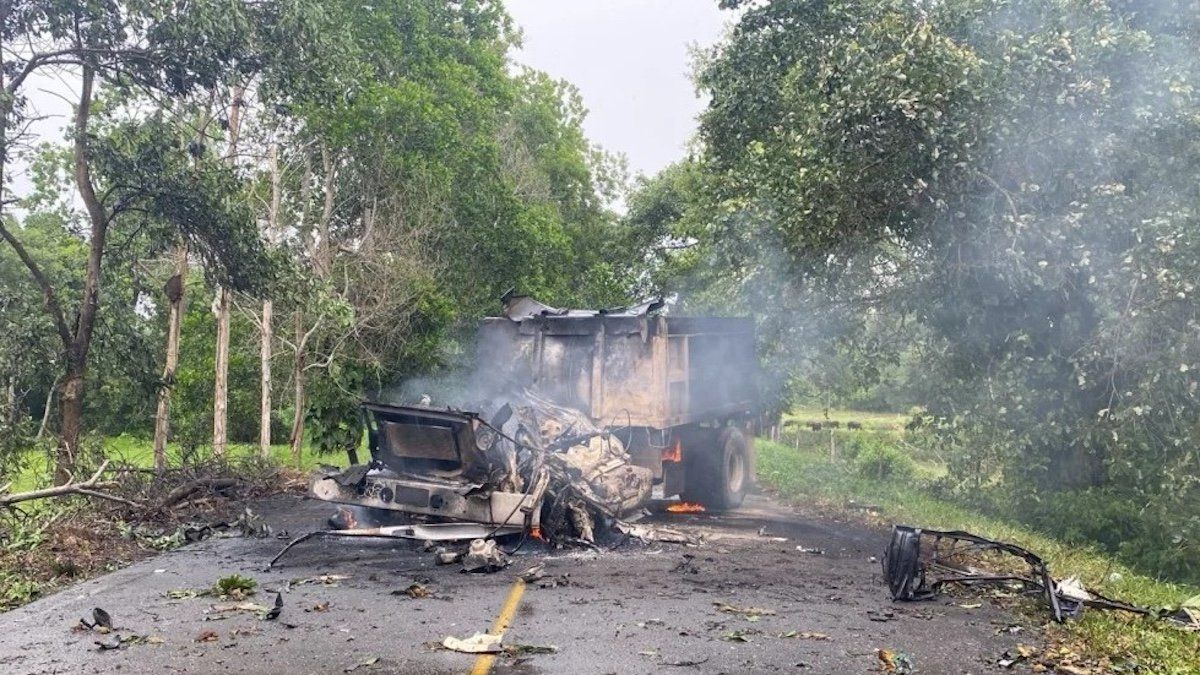Colombian President Gustavo Petro said Monday he will declare a state of emergency after guerilla attacks by the ELN in the northeast of the country killed at least 80 people and forced over 11,000 to flee. The attacks came after Petro suspended negotiations with the rebels on Friday and could prove a fatal blow to his dovish “Total Peace” policy, which aims to end armed violence in Colombia through dialogue.
Background: Colombia’s internal conflict dates back decades but reached an inflection point in 1964, when two left-wing guerilla groups, the ELN and FARC, rebelled against the government. Throughout the 1960s, neither the government nor the guerrilla groups could gain an upper hand, but instability allowed drug cartels exporting to the US to become obscenely wealthy — and well-armed — worsening the violence.
Left-wing groups splintered repeatedly, while wealthy landowners organized self-defense forces that sometimes morphed into far-right death squads. US attempts to aid its key South American ally added more guns and money to the volatile mix, which has killed at least 450,000 people.
The hard line. Petro’s emergency declaration is a callback to the days of his predecessor and political rival Álvaro Uribe, who used emergencies to raise war taxes to fight the insurrectionists and cartels. Petro — a former guerilla — heavily criticized Uribe’s tactics, but the national reconciliation process he put forward instead looks like it’s falling apart. Where the conservatives managed to sign a peace agreement with the FARC in 2016 that has largely held up, the 2023 ceasefire Petro signed with the ELN is in tatters — and he is sending troops back in.
